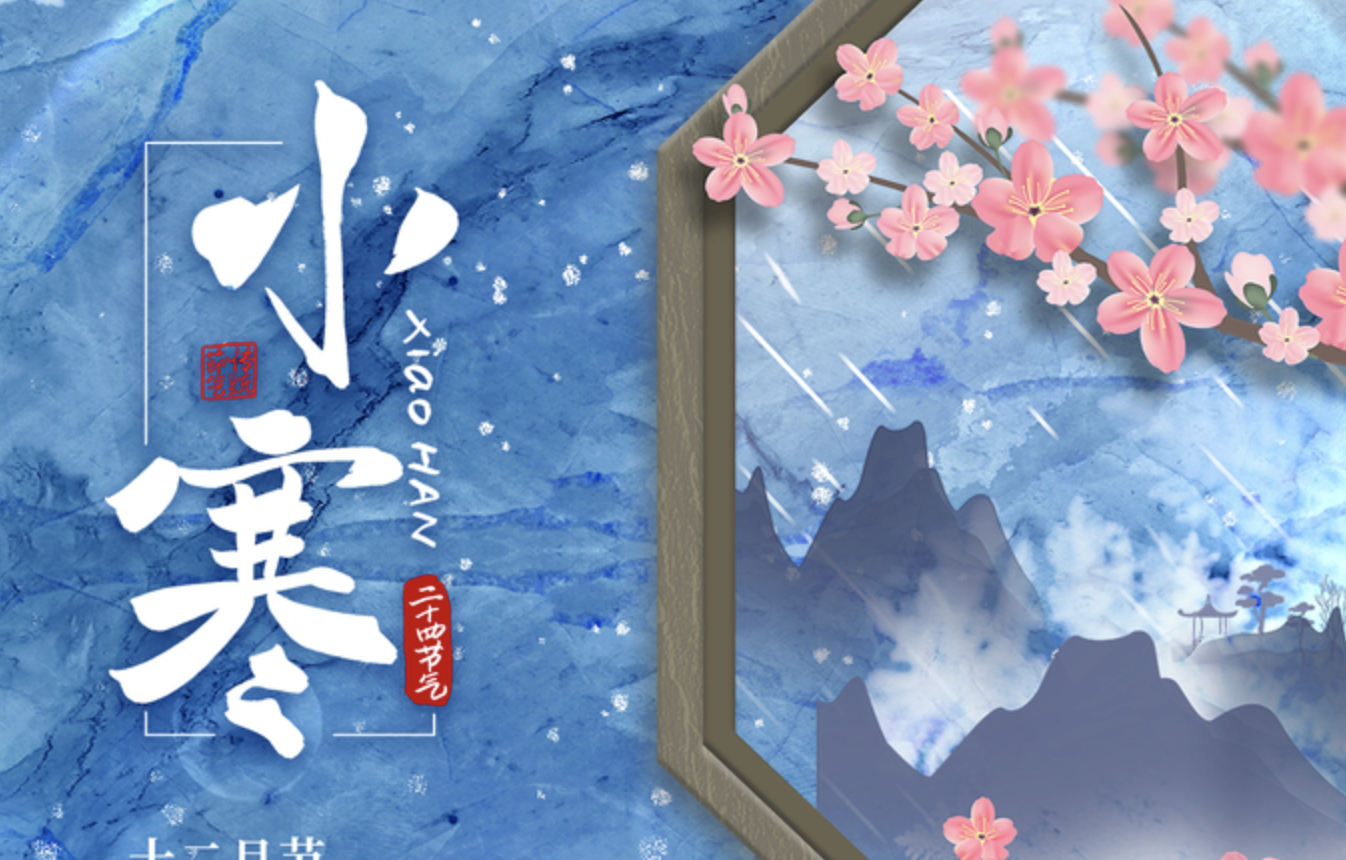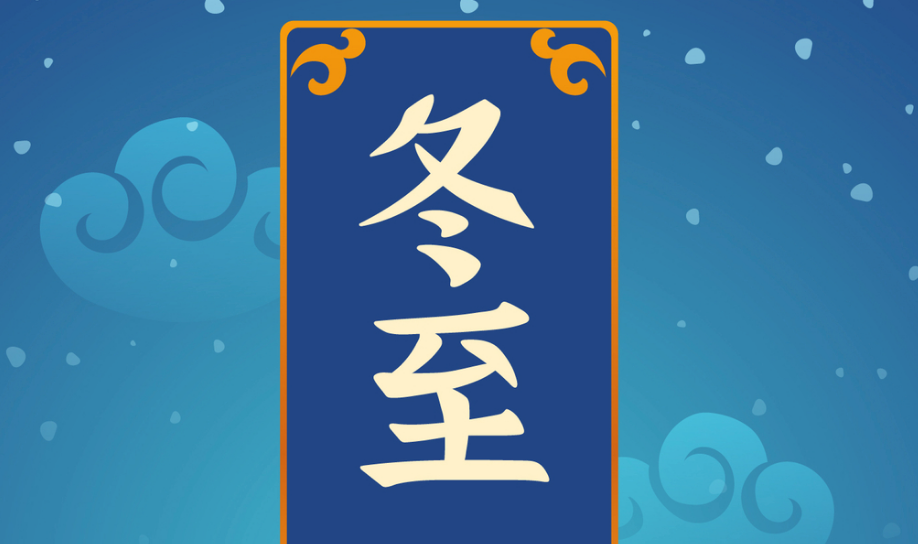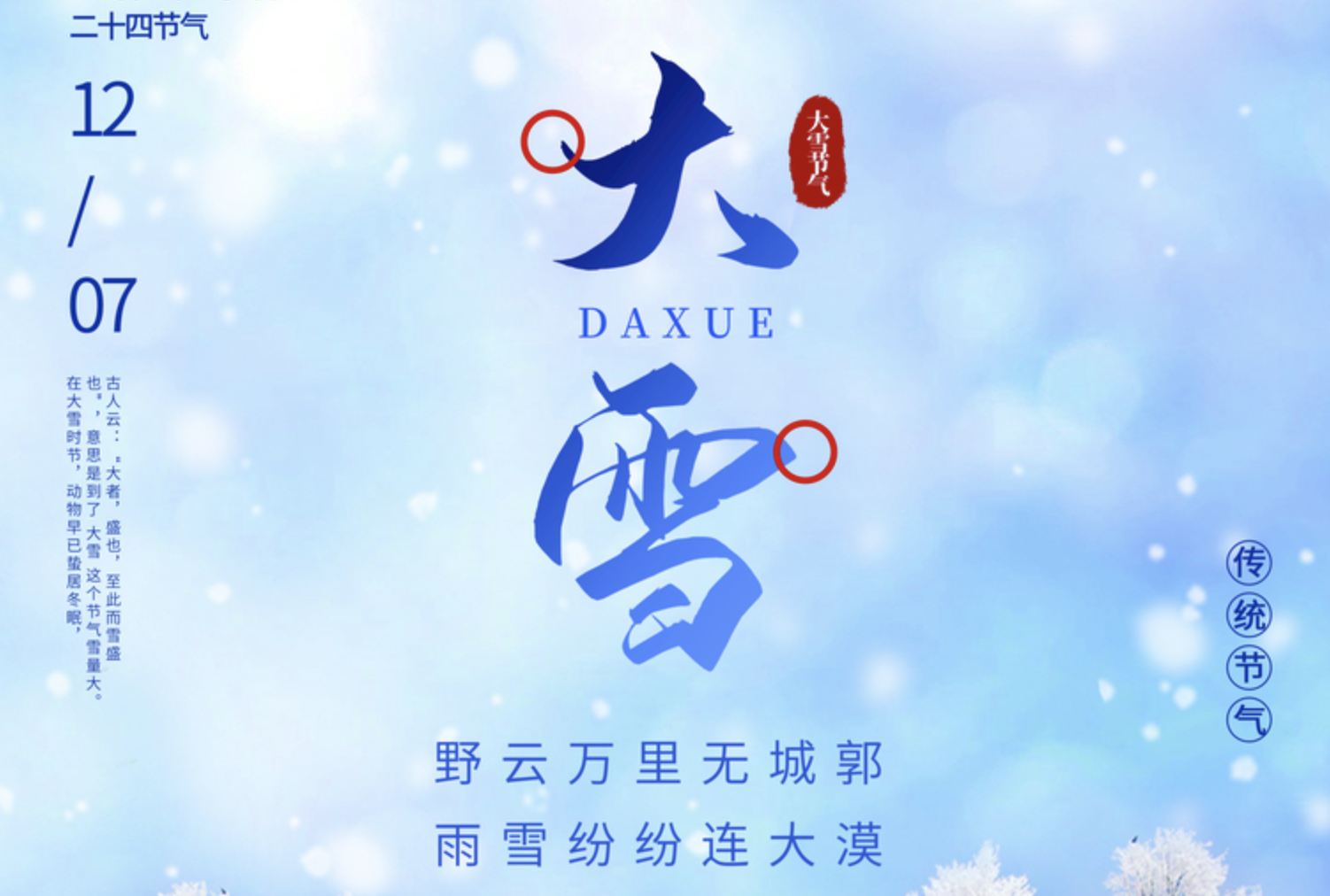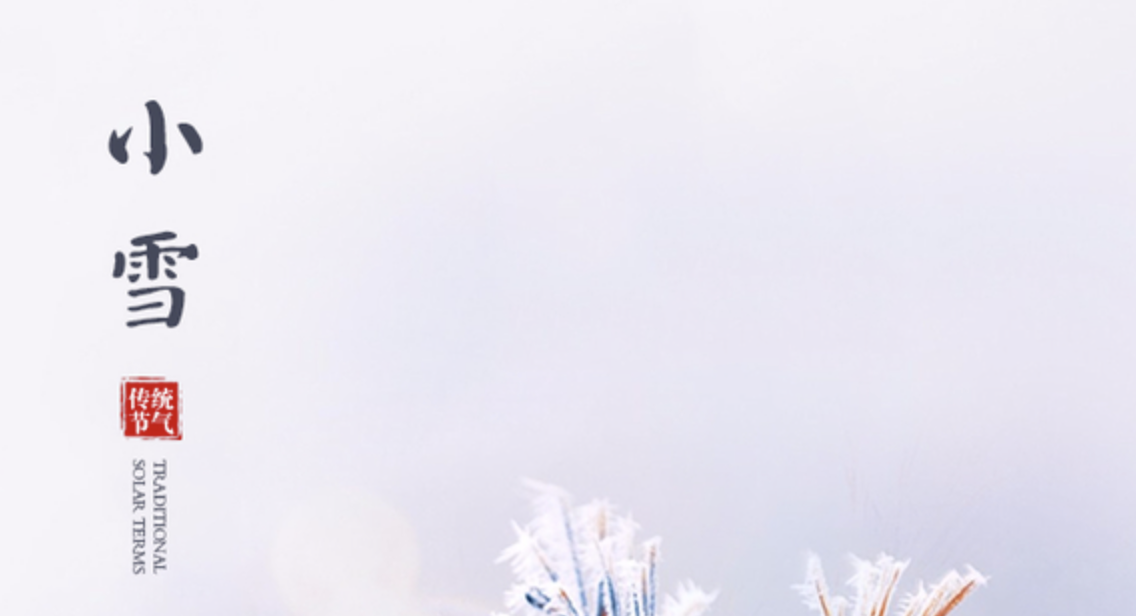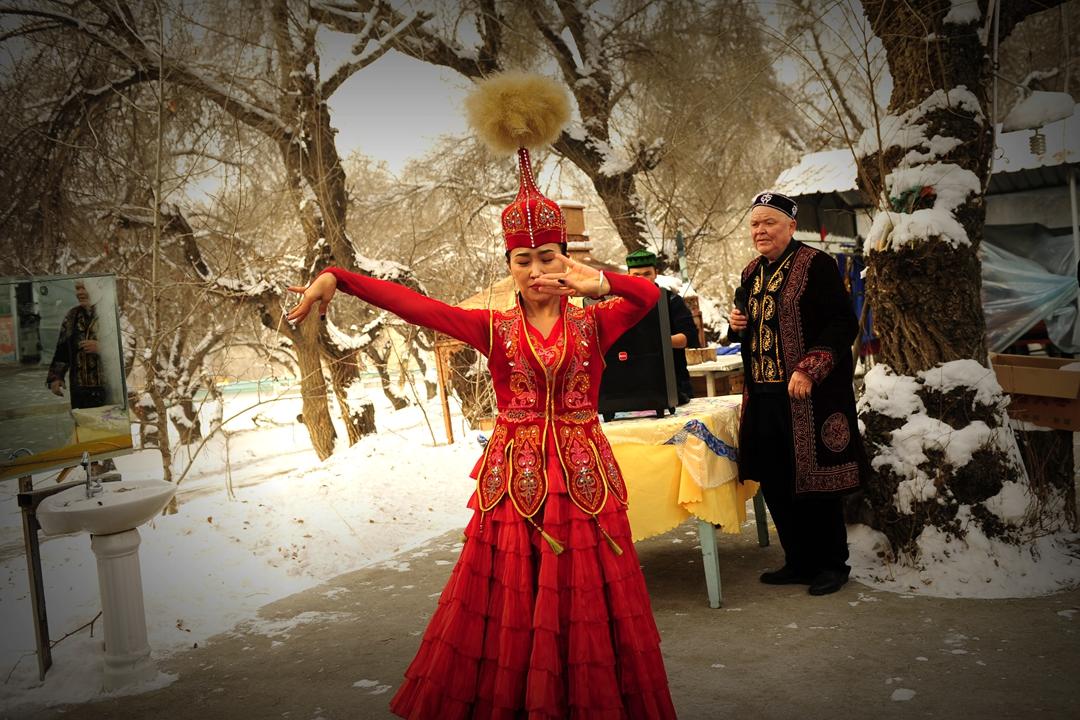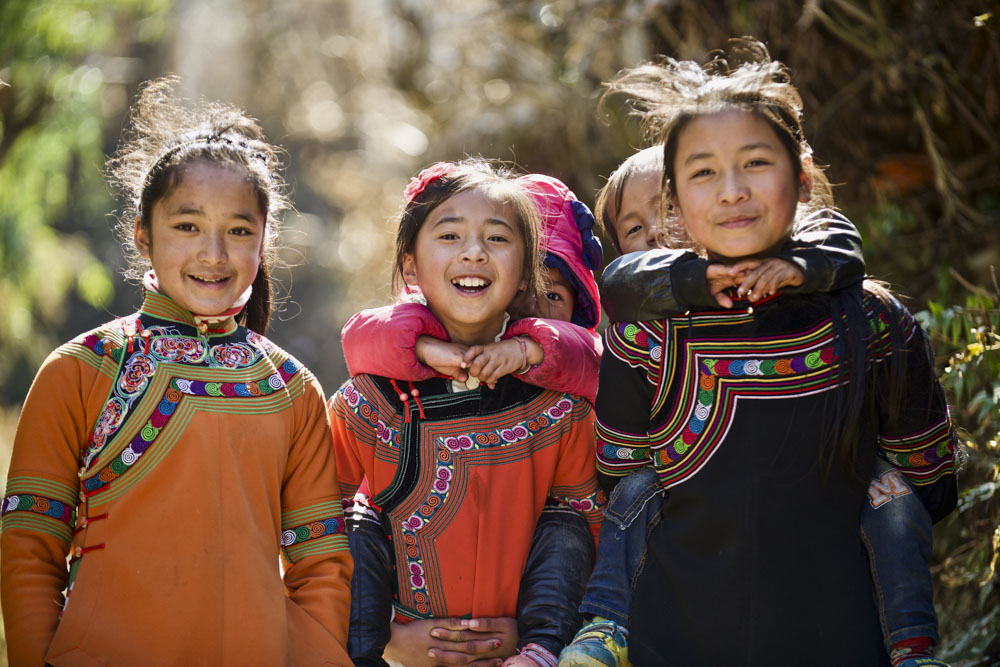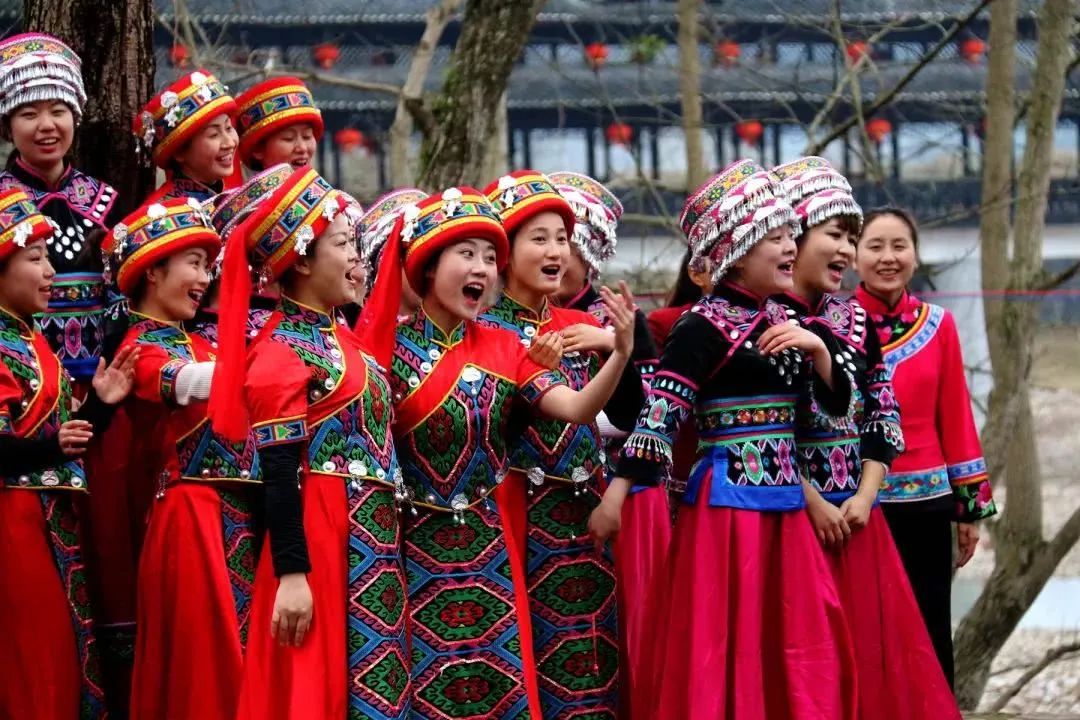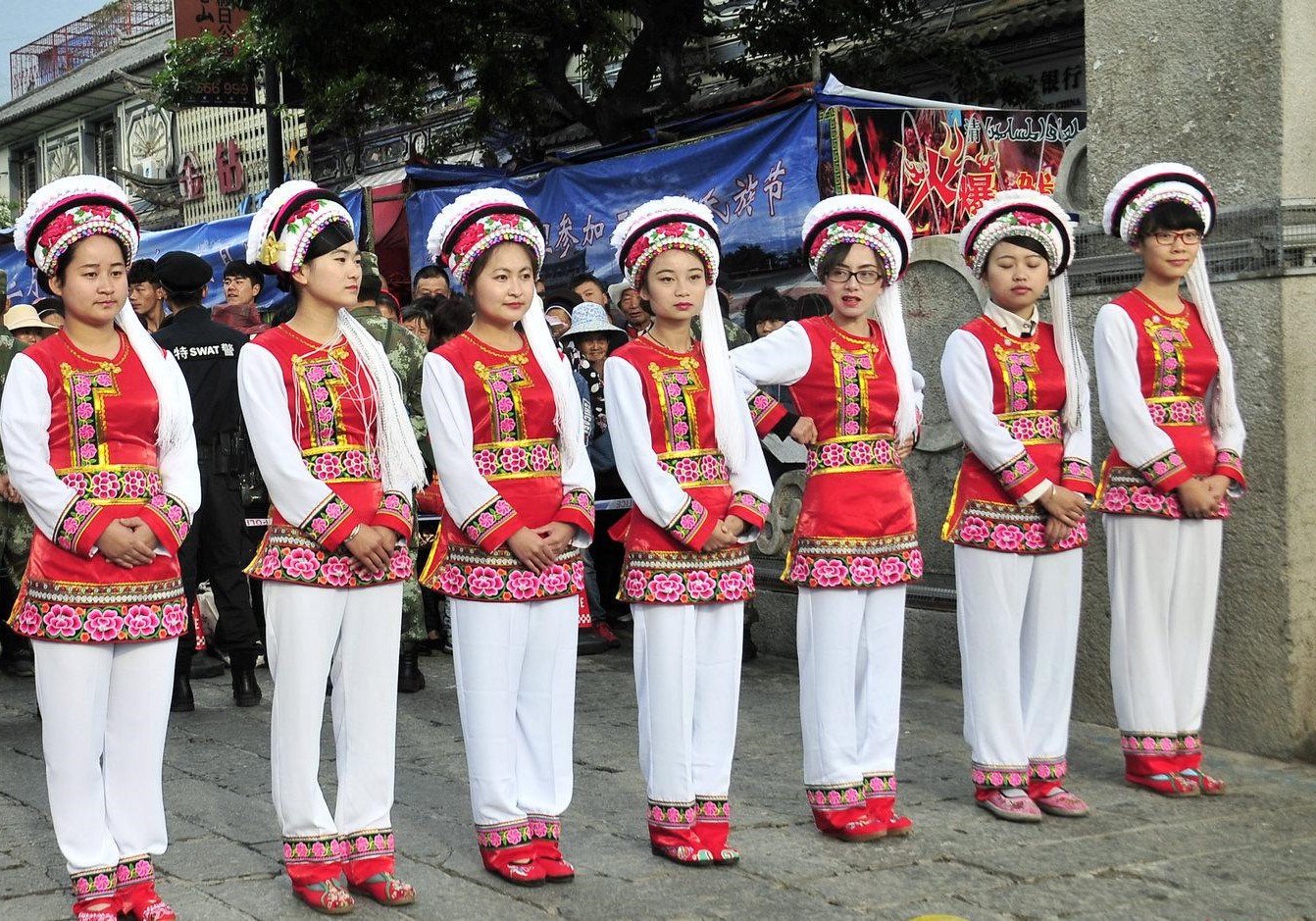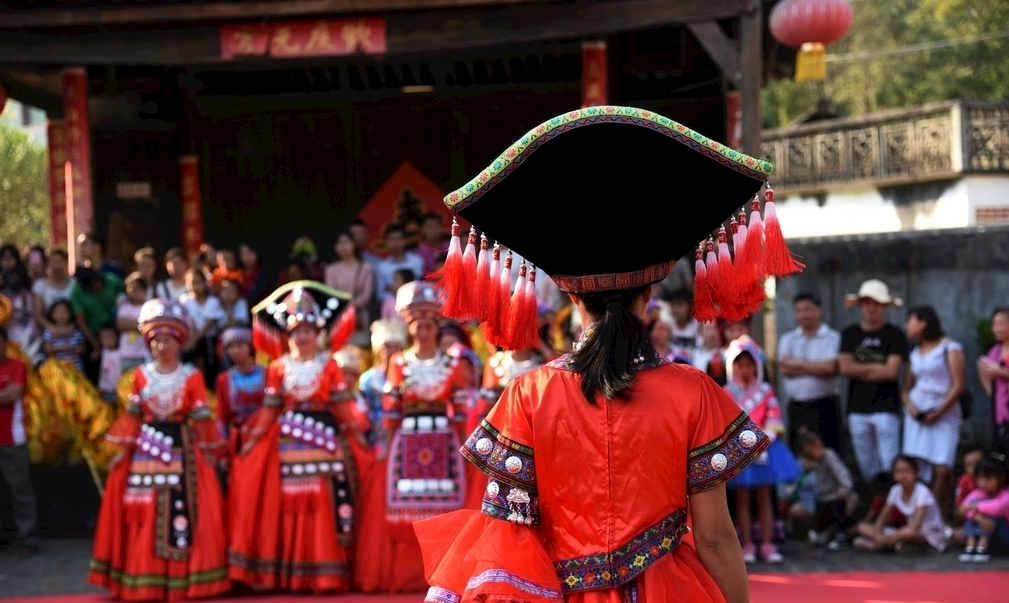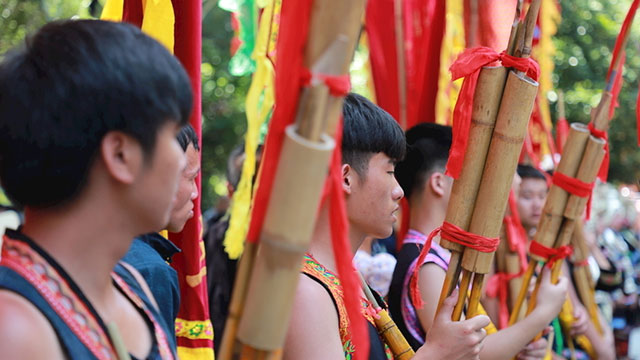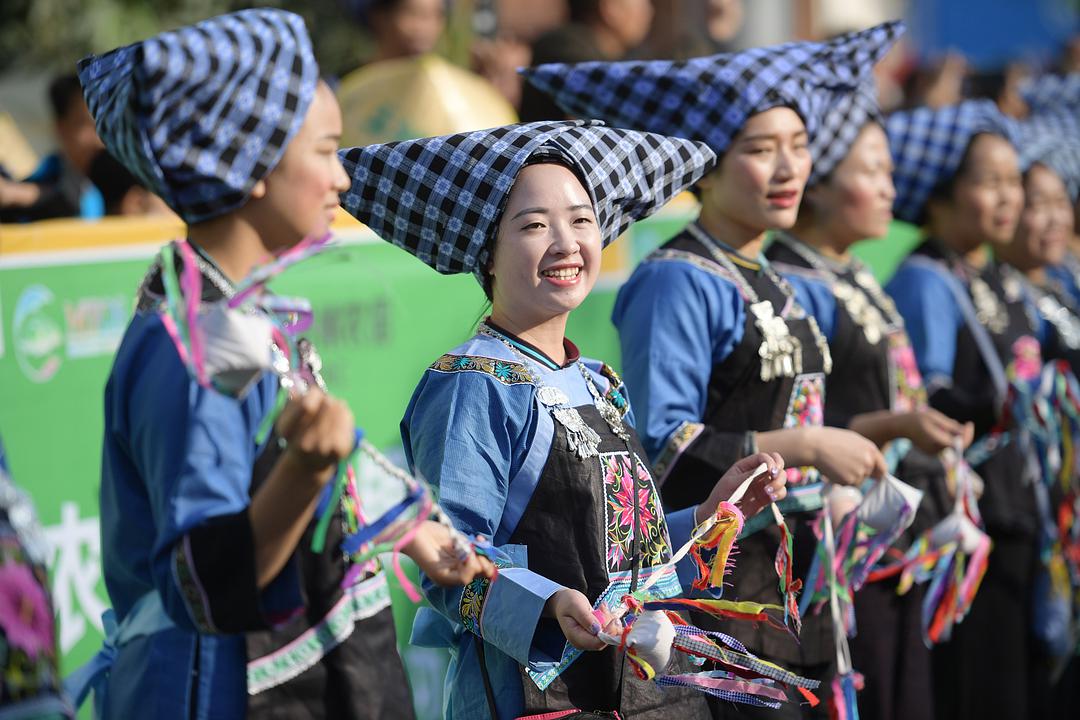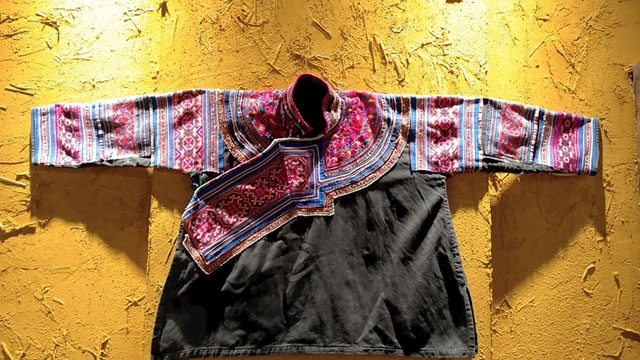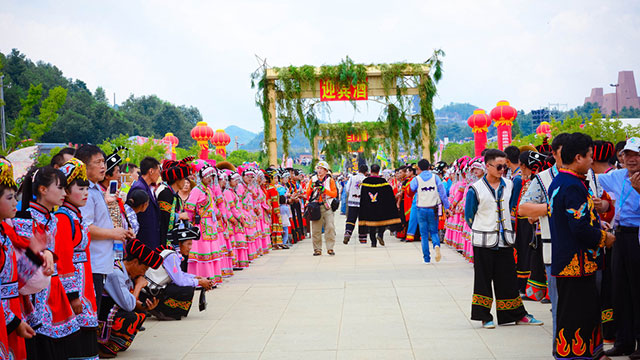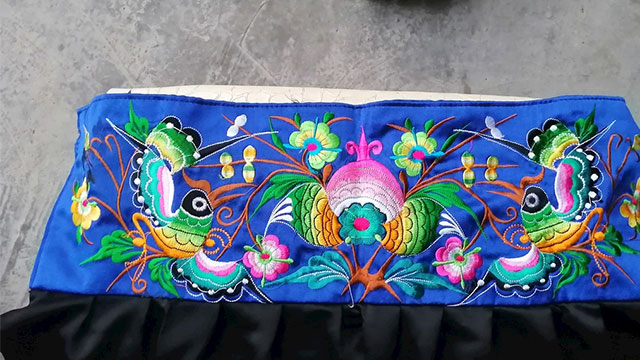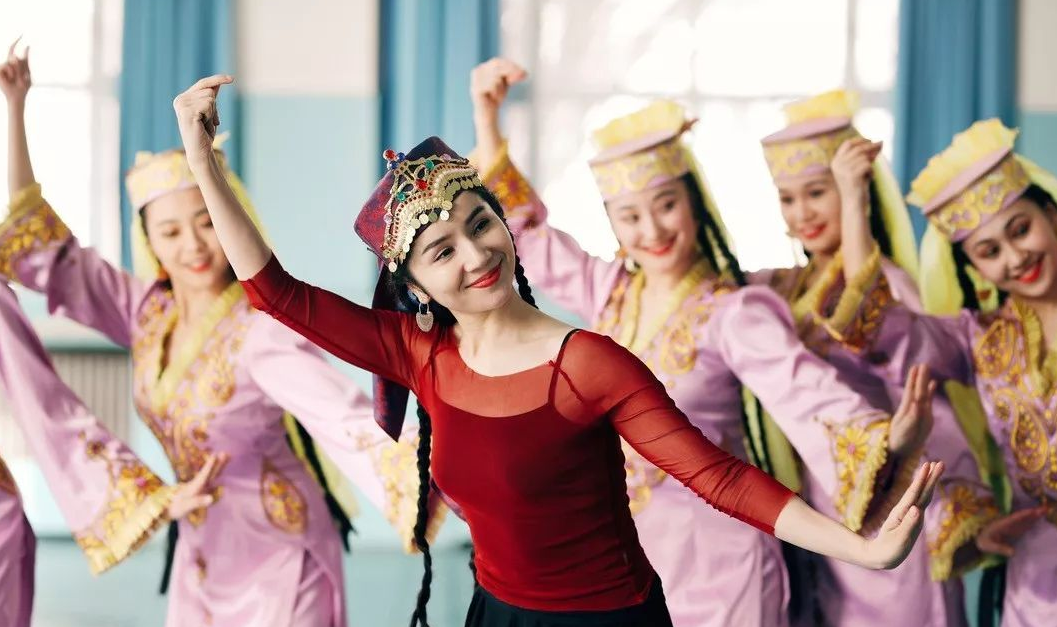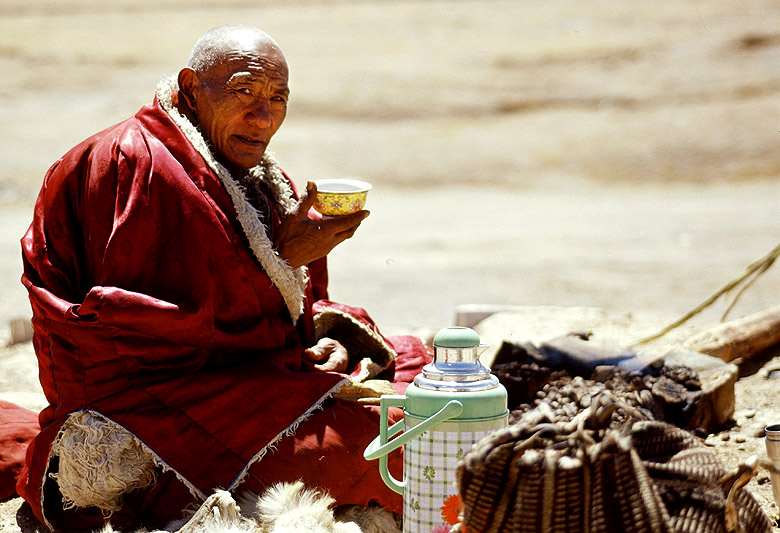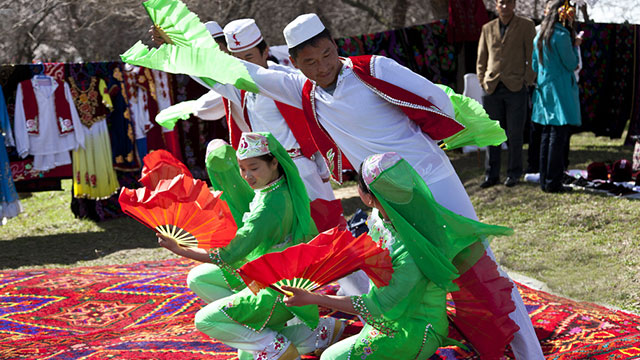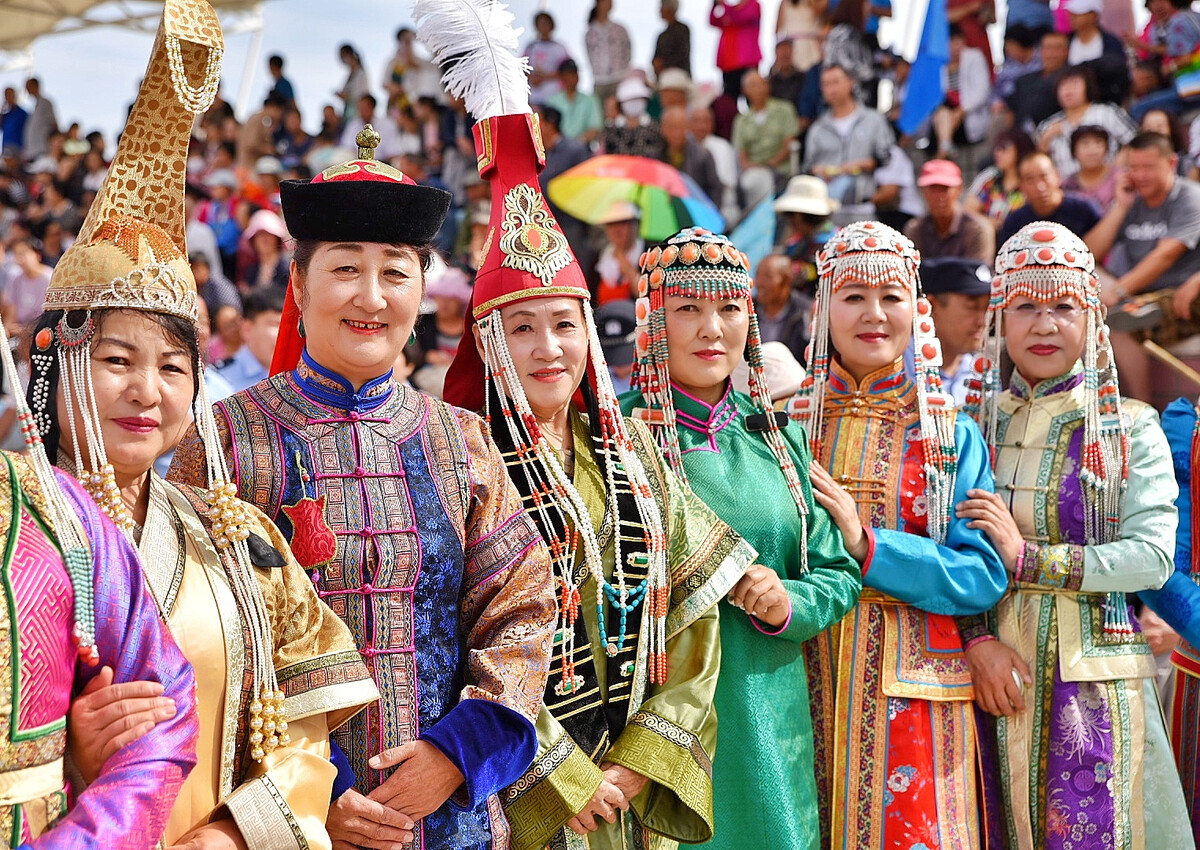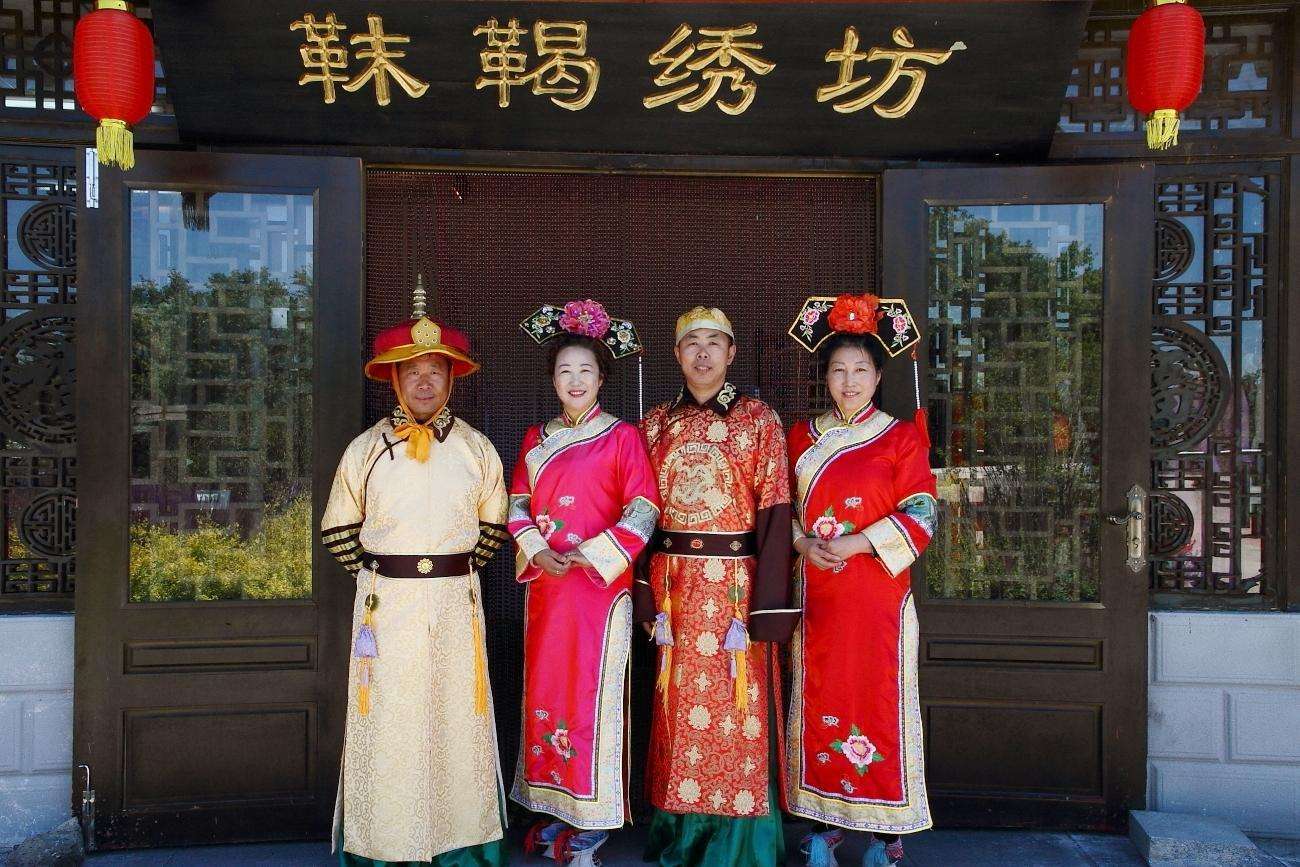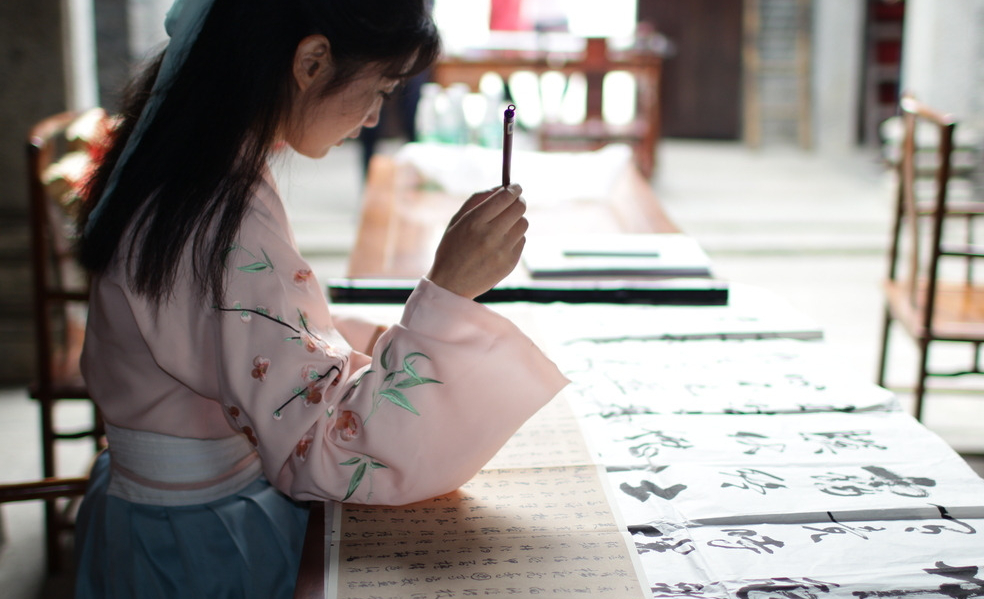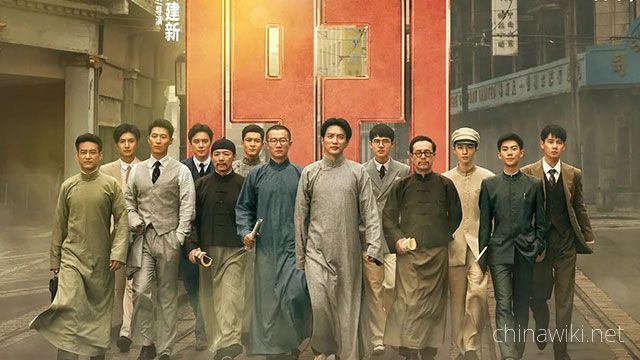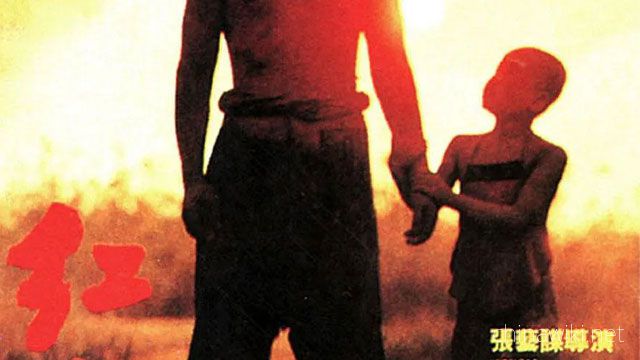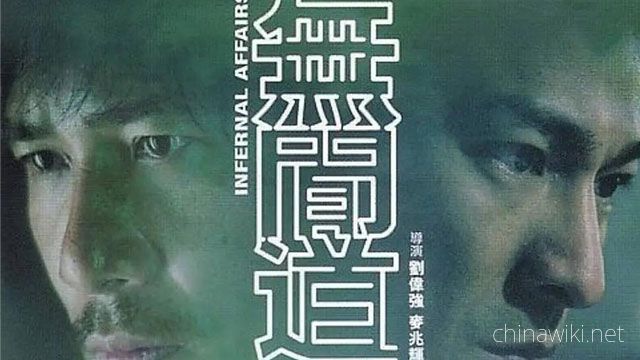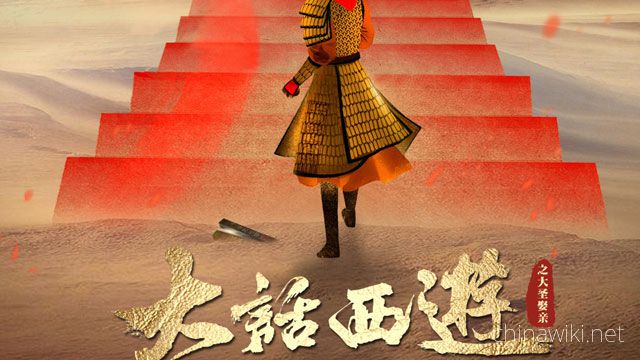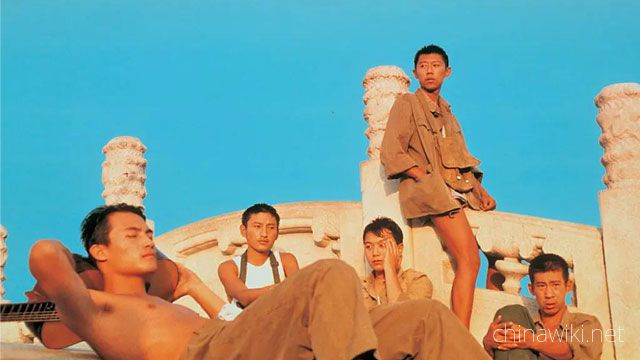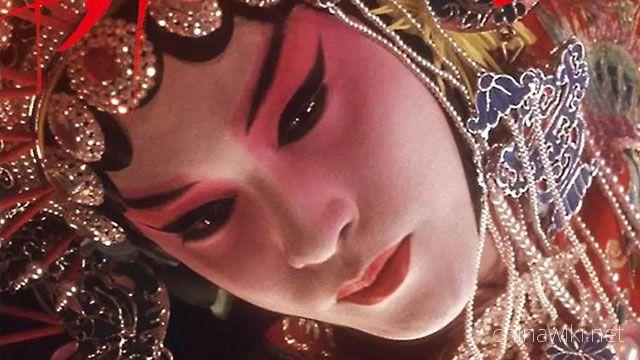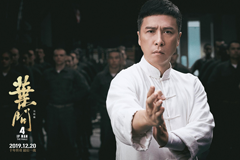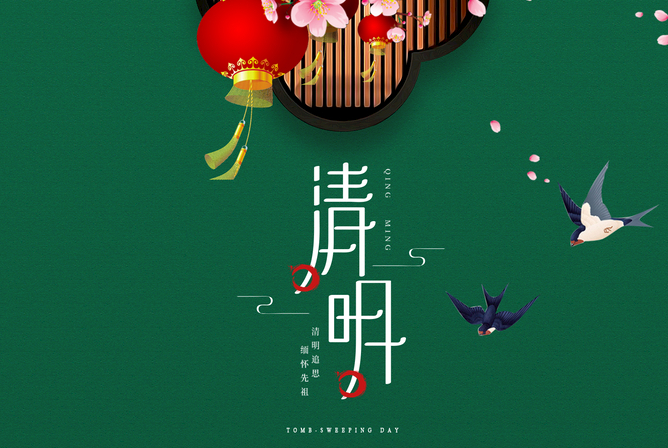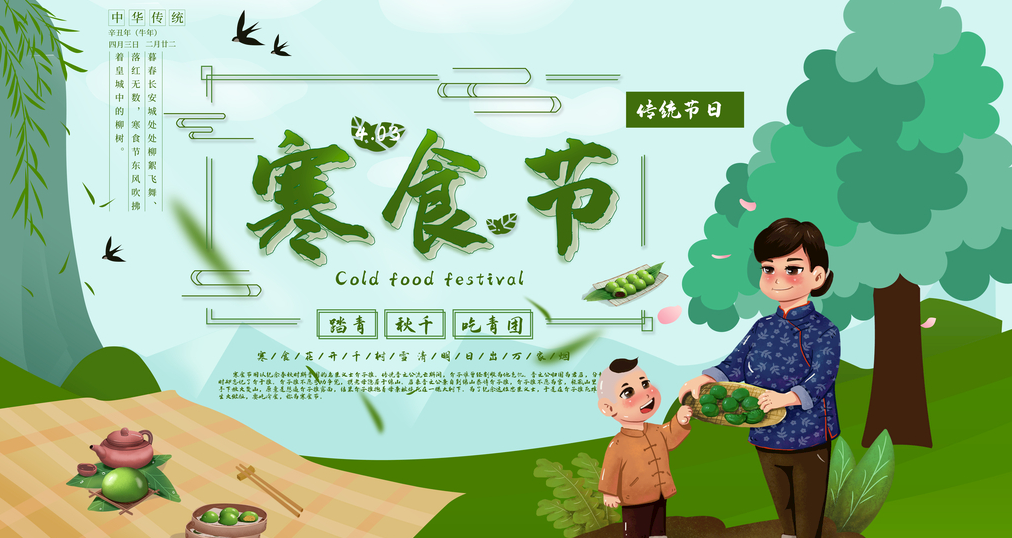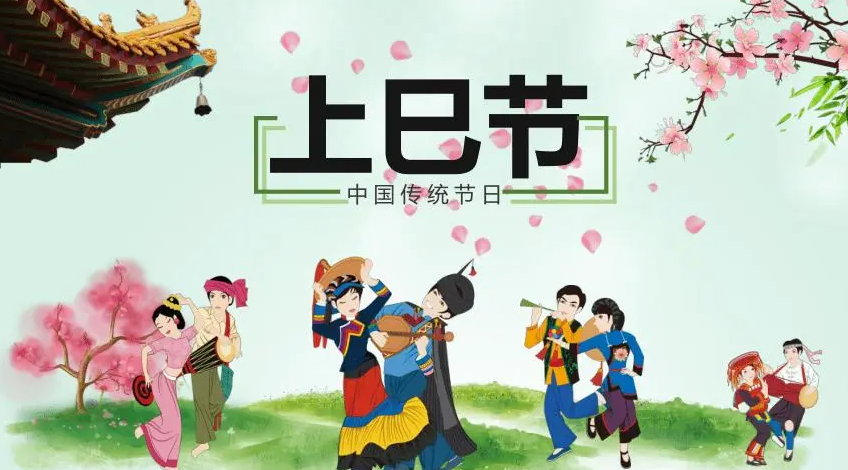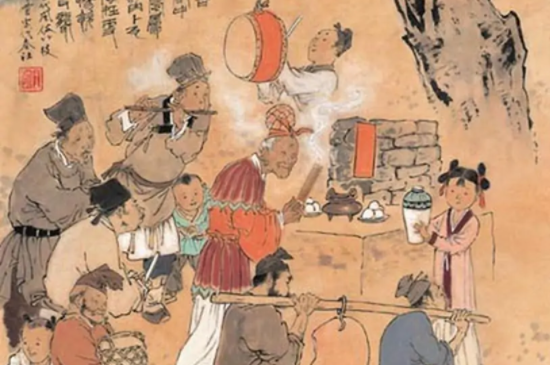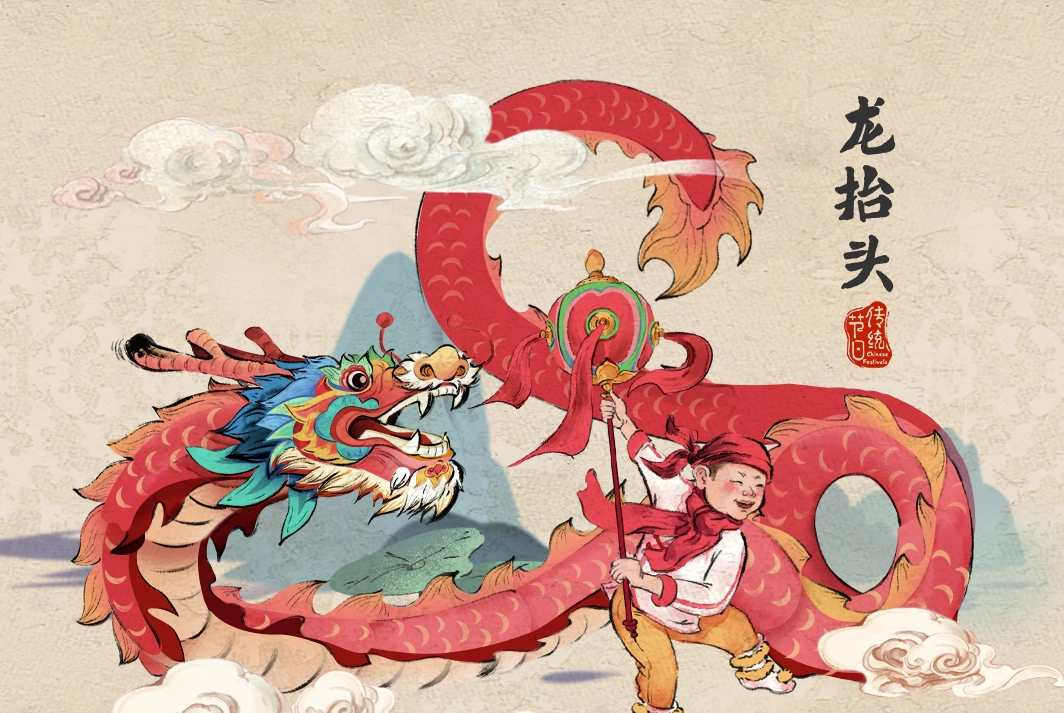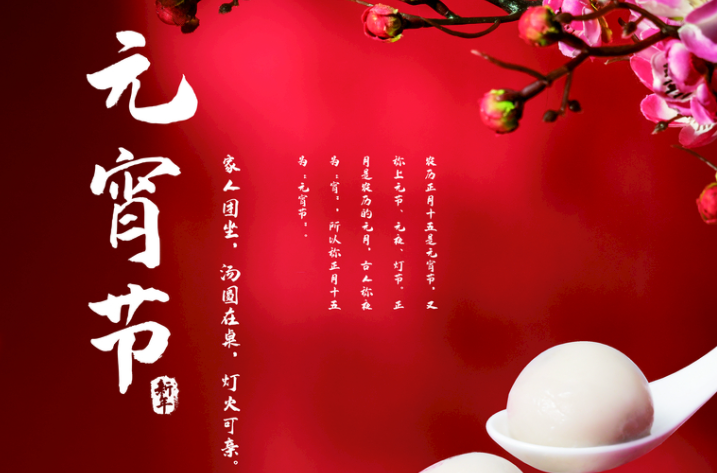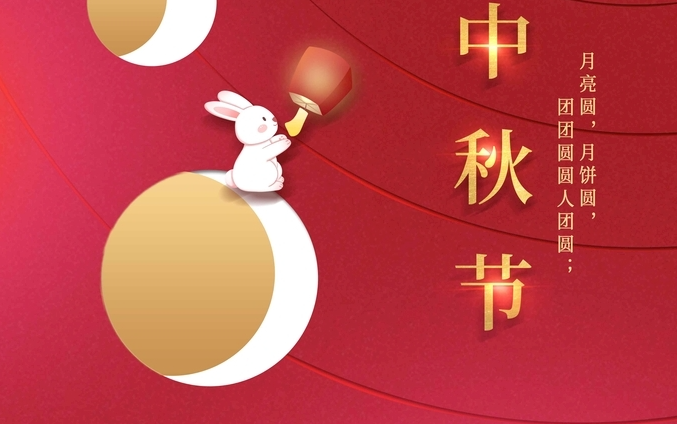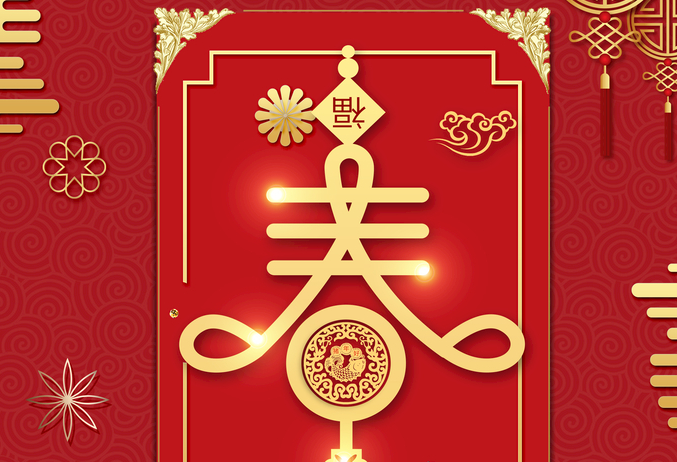Performers More>>
Actors refer to performers who play a certain role in the performing arts, or professionals who participate in operas, dramas, films, TV dramas, dances, quyi and other performances.
-
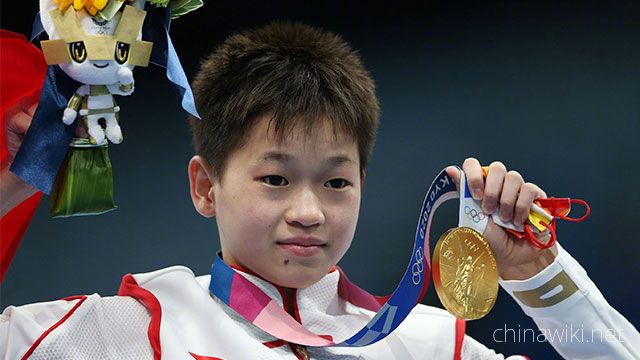
Quan hongchan
-
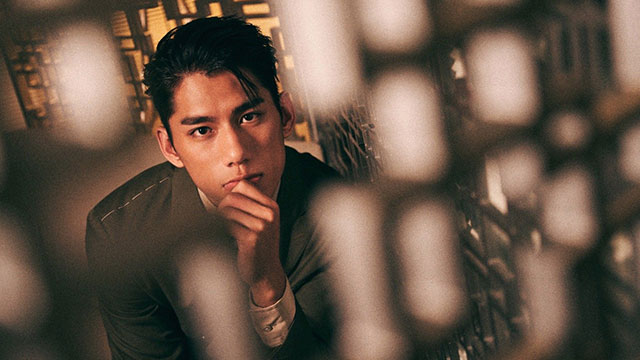
Zhu xuanyang
-

Wang haozhen
-
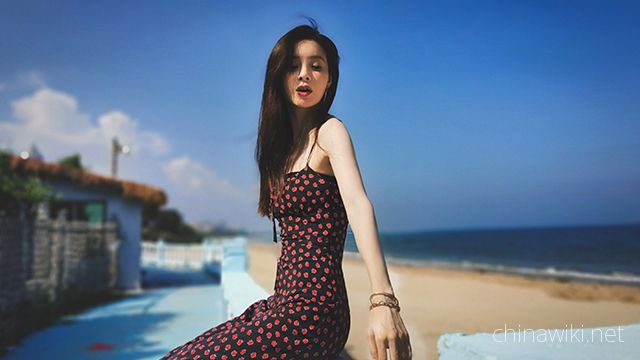
Wang ruizi
-
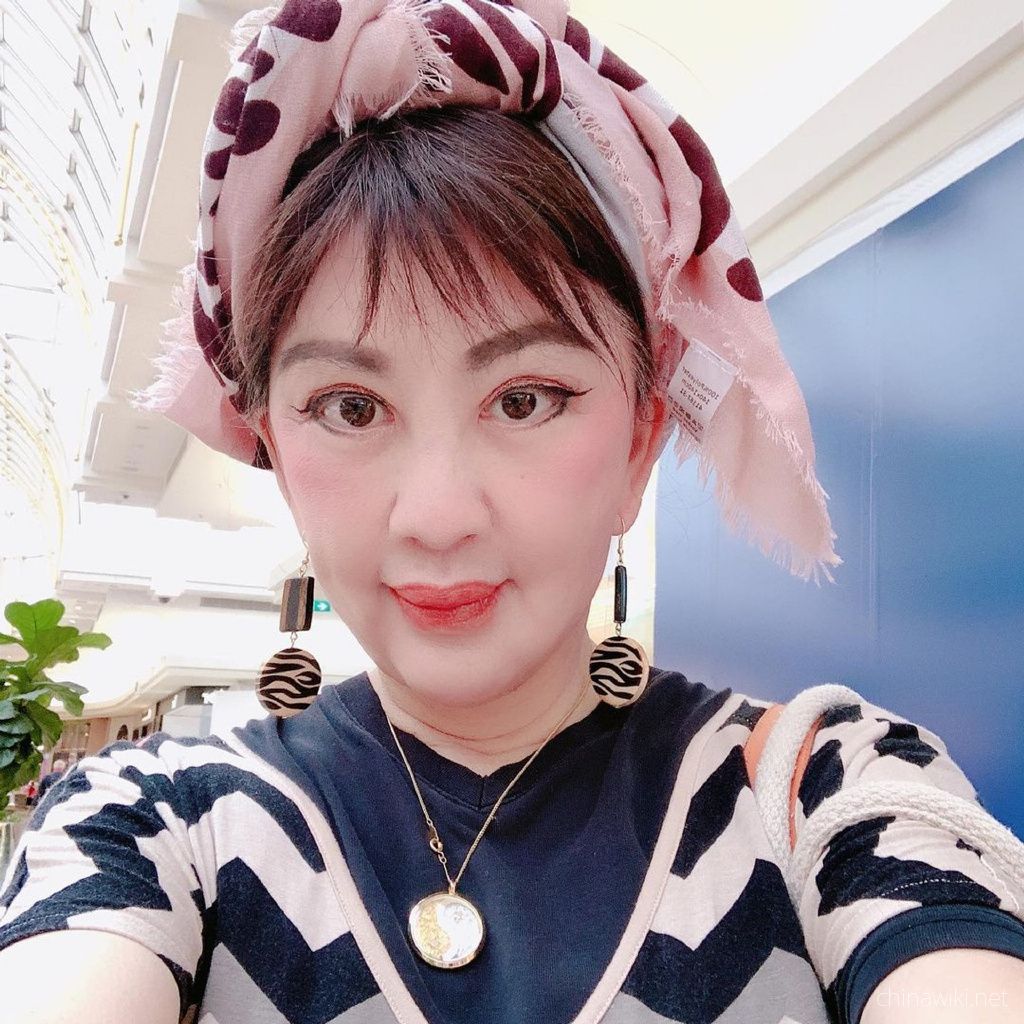
Gong Xuehua
-
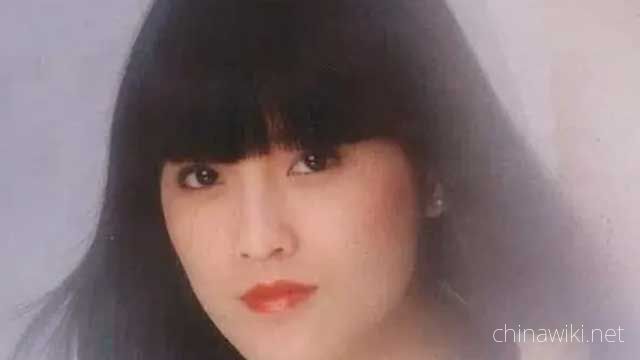
Jiang Ling
-
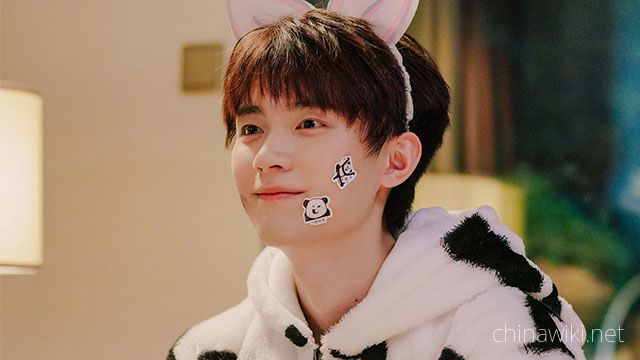
Zhou Yiran
-

Li Yifeng
-
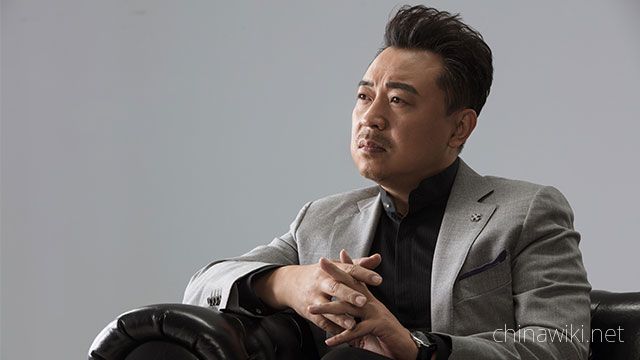
Zhang Xilin
-
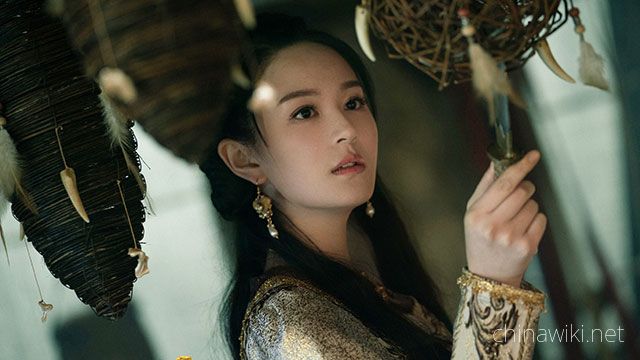
Zeng Yixuan
-
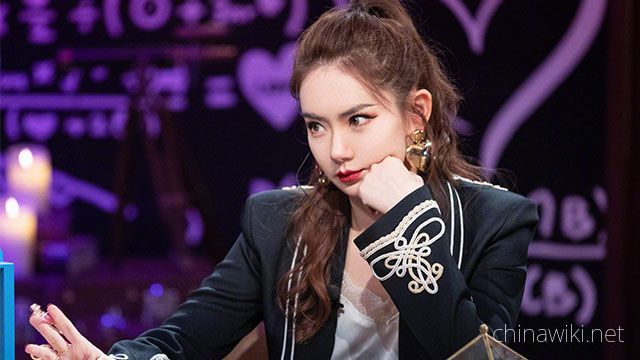
Qi Wei
-

Liu Tingyu
-
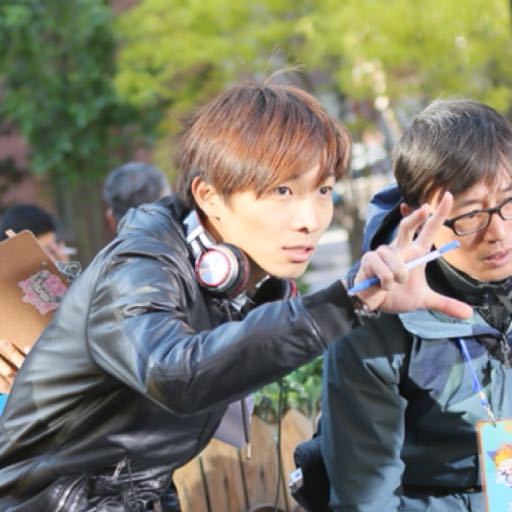
Ke Mengrong
-

Li xiumeng
-
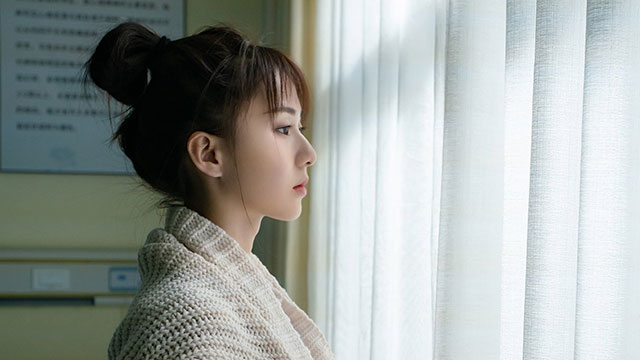
Liu Yinglun (Guan Xin)
-
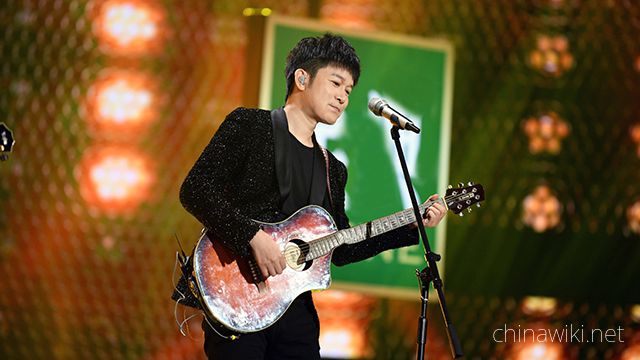
Gao Jin
-
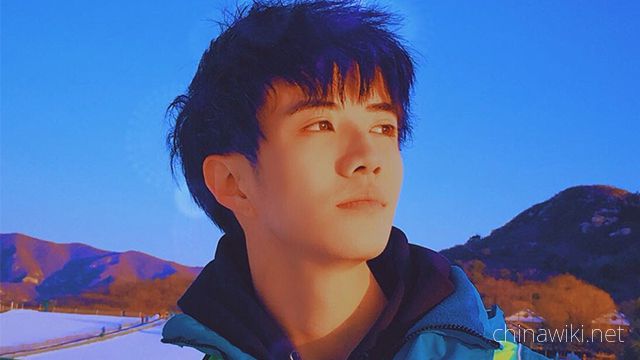
Xu Lexiao
-
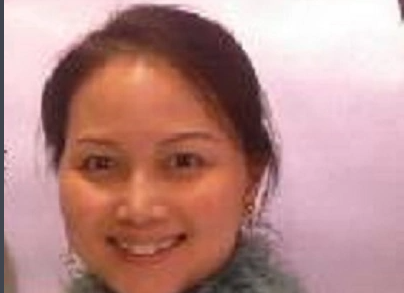
Peng Xingying
-
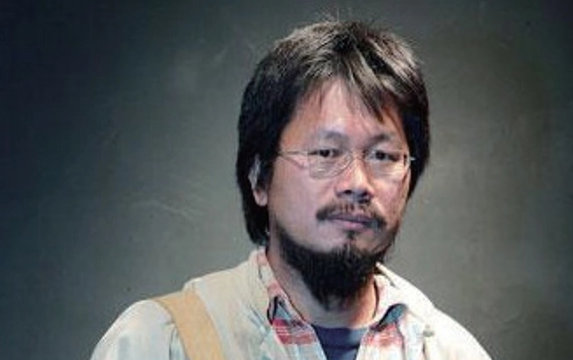
Lan Bozhou
-
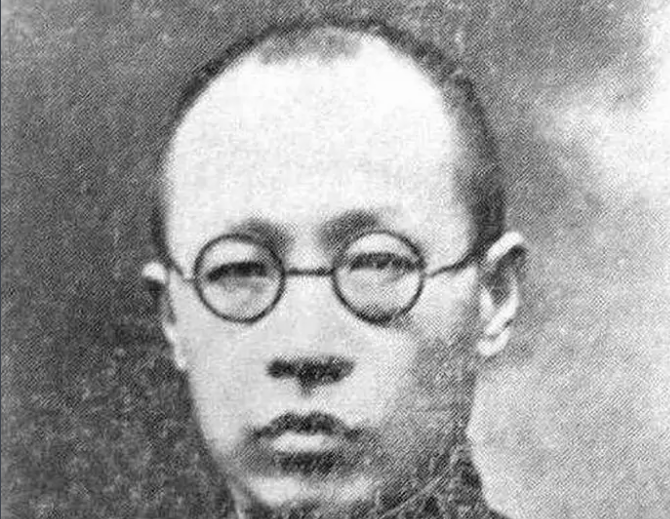
Yan Lisan
-

Gao Shengwu
-
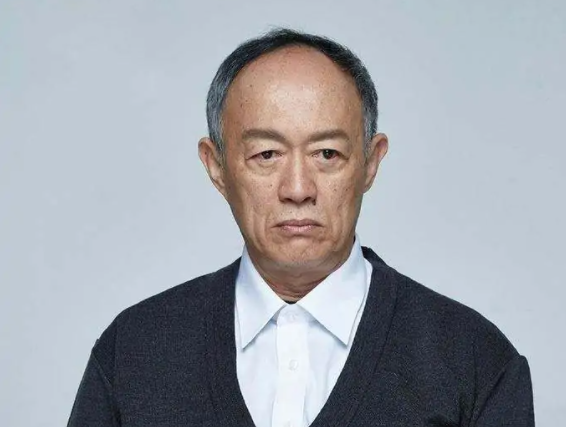
Jin Shijie
-
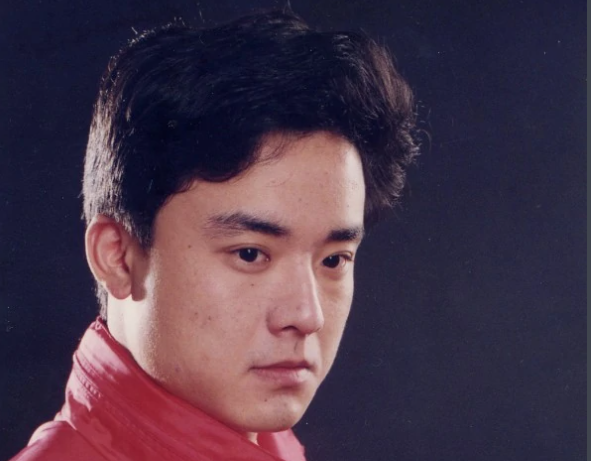
Zhu Jian
-
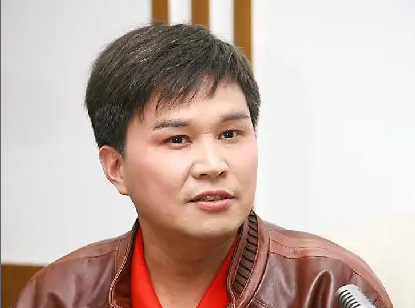
Qian Sijian
-
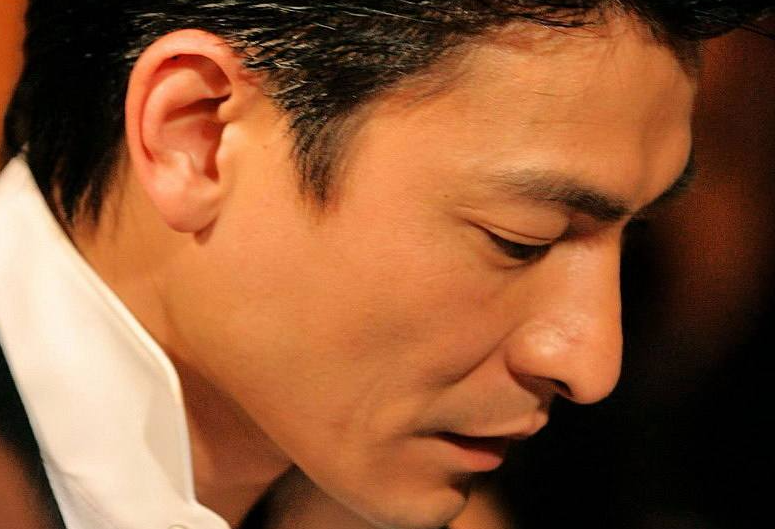
Andy Lau (Liu DeHua)
Artists More>>
Artists refer to artists who have high aesthetic ability and skilled creative skills, engage in artistic creation, and make outstanding contributions and outstanding achievements in the artistic fields of literature, painting, sculpture, performance, music, dance, calligraphy, photography, drama, film and so on. An artist is a creator of works of art originating from nature and originating from the soul.
Singers More>>
Singer refers to people in the entertainment industry who sing songs and other vocal works. It is also used to claim that as a profession, it has a standardized name "singer". Also called actor or voice actor, singer, singer, singer, etc. Singers are easily appreciated in the entertainment industry because of their excellent performance in their own image, singing, performance or creation. Therefore, they are easy to become famous. According to singing methods, singers are divided into three schools: Bel canto, nationality and pop.
-
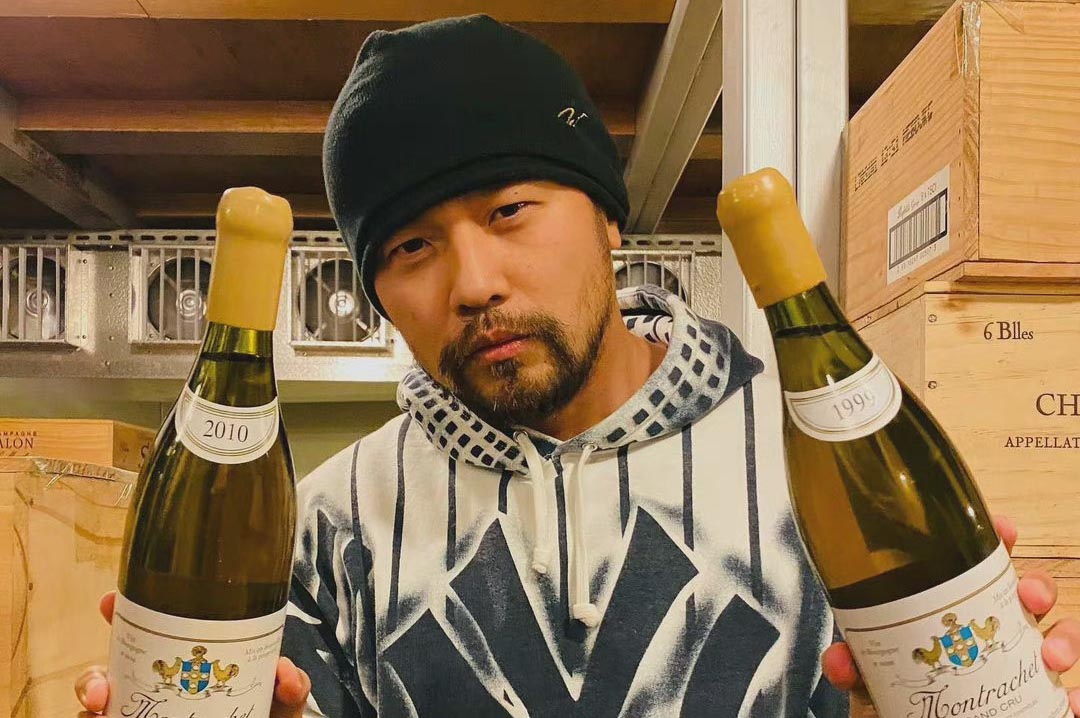
Jay Chou
-
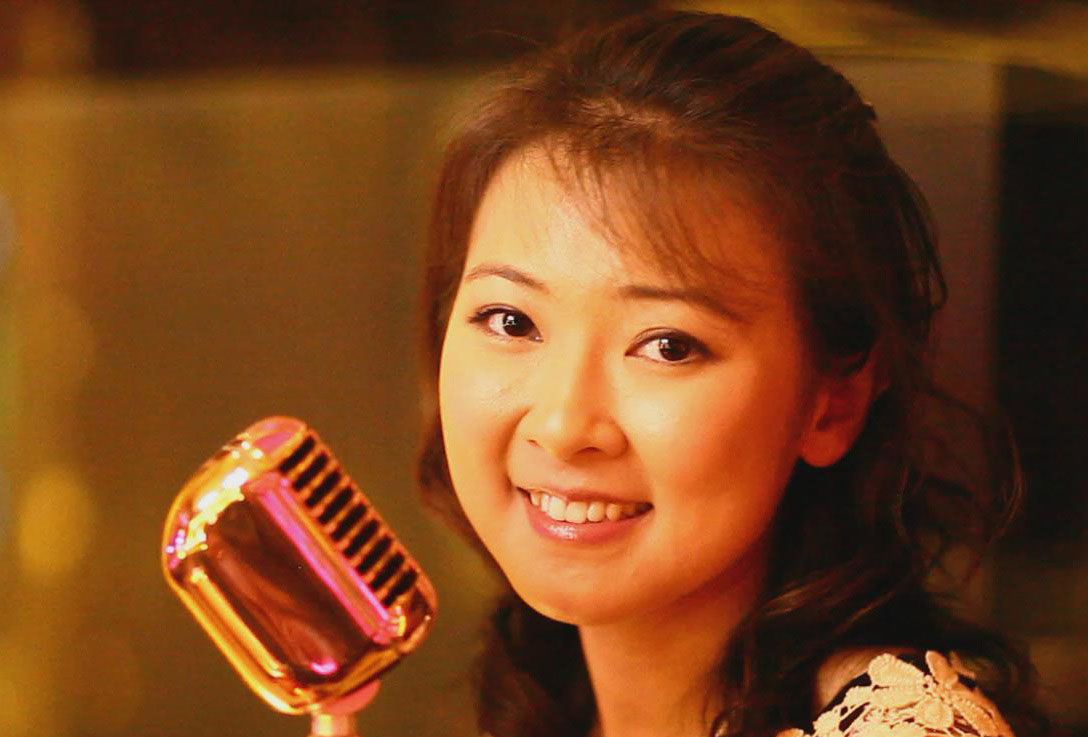
Chen Jia
-

Yu Zibei
-
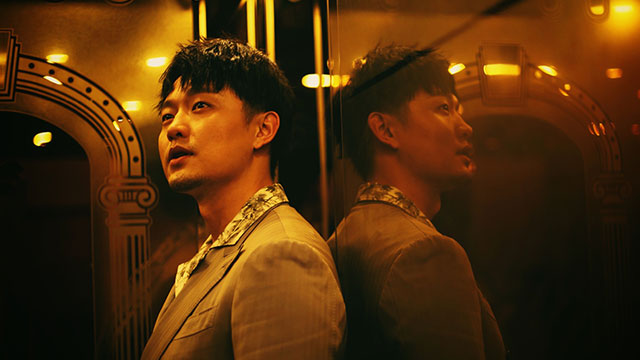
Ju Hongchuan
-

Tian Yiming
-

Xu Ruoxi
-
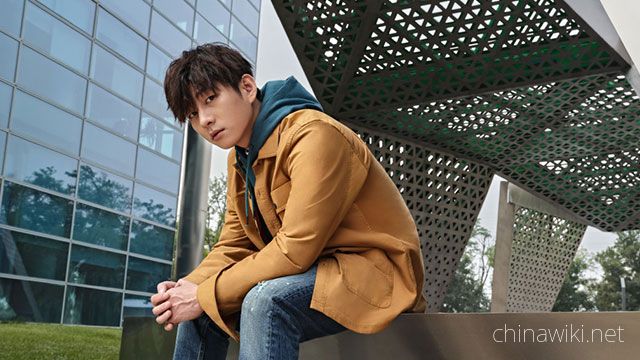
Han Yu
-

Wang Rui
-

Wu Dailin
-
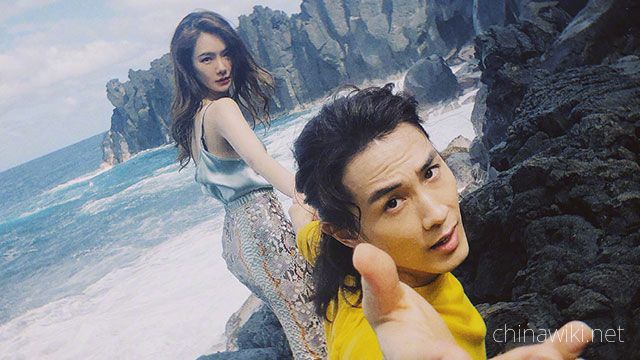
Li Chengxuan
-
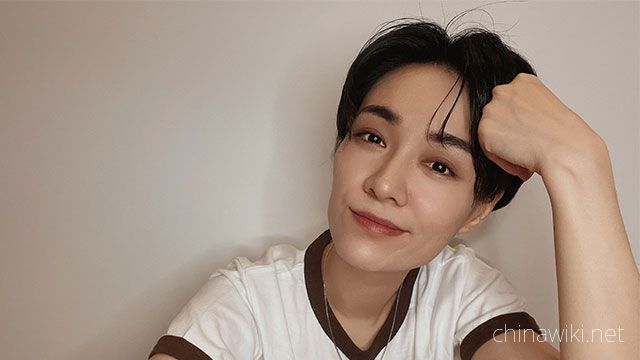
Yu Chaoying
-

Tang Hanxiao
-
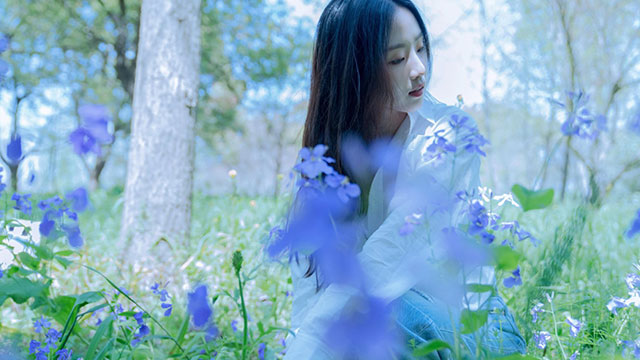
Guo Qin
-
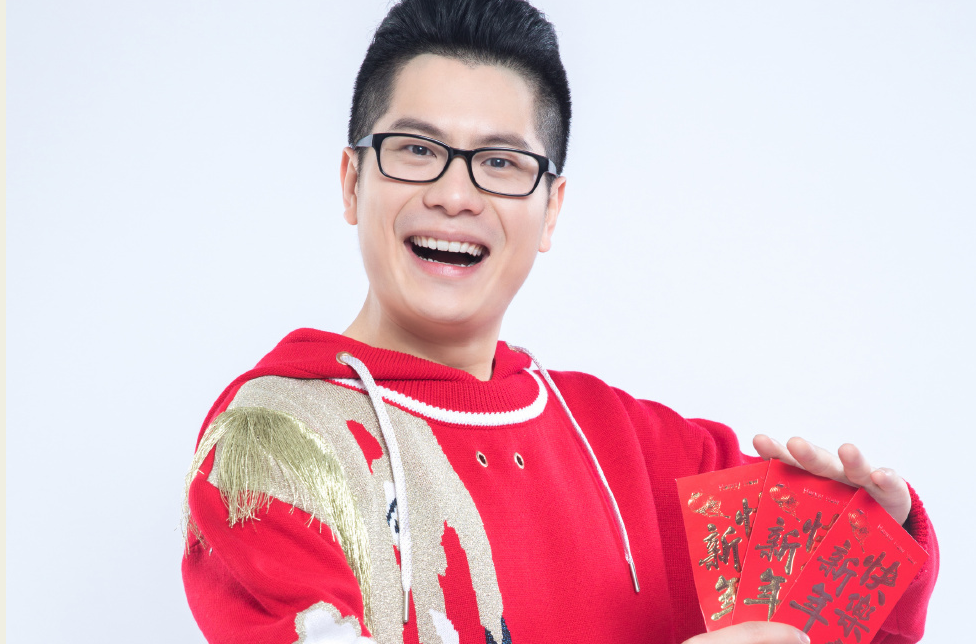
Liao Jialin
-
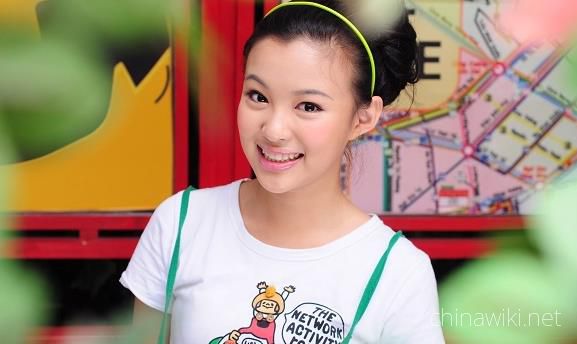
Shen Xinyu
-
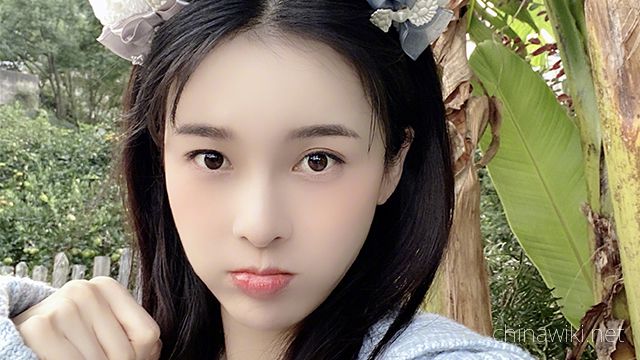
Zhao hanyingzi
-

Du Zhiwen
-
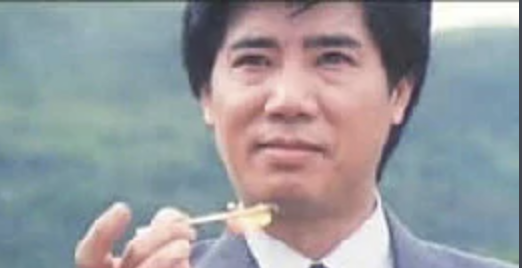
Zhu Jiang
-
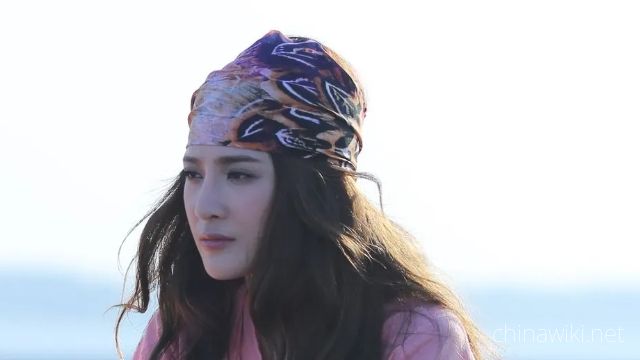
Effie Ivy
-
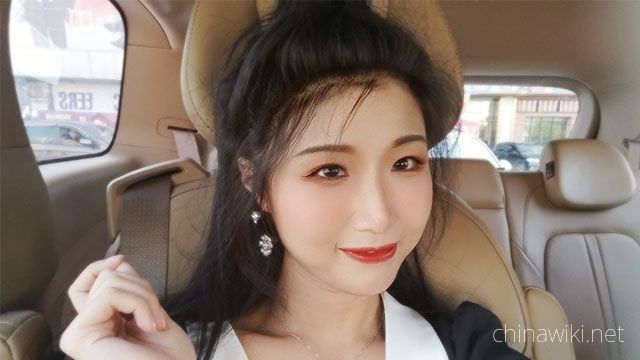
Zhao Fangjing
-
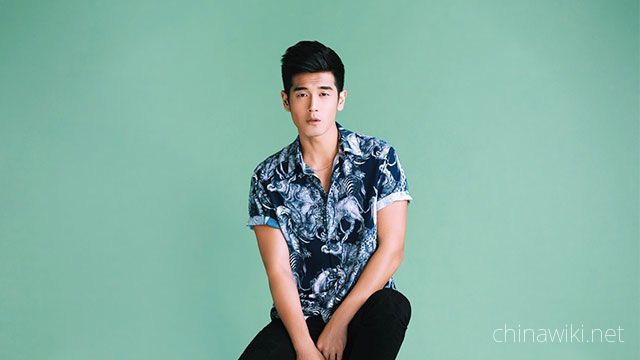
Xiang Yang
-

Jiao Keran
-
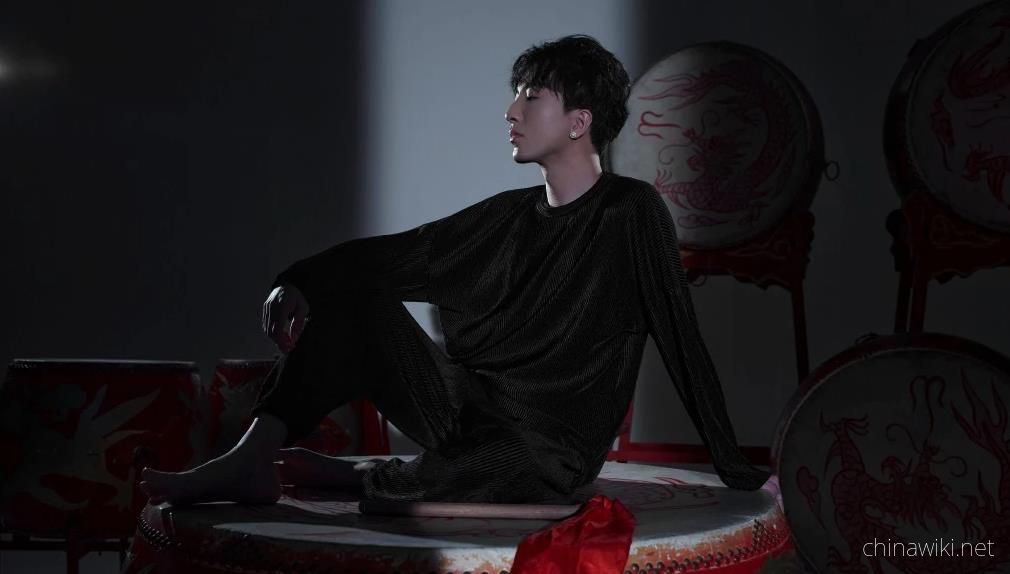
Li Changchao
-
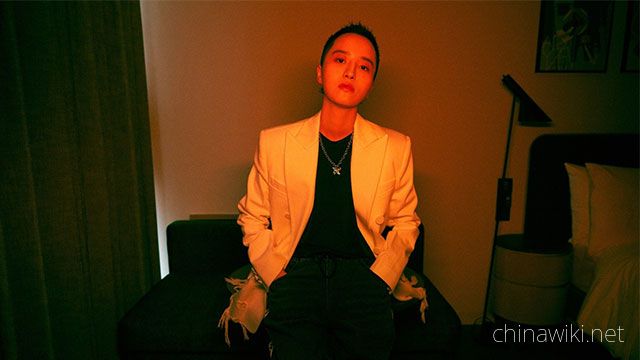
Jiang Yaojia (Jiang Yiqiao)
-
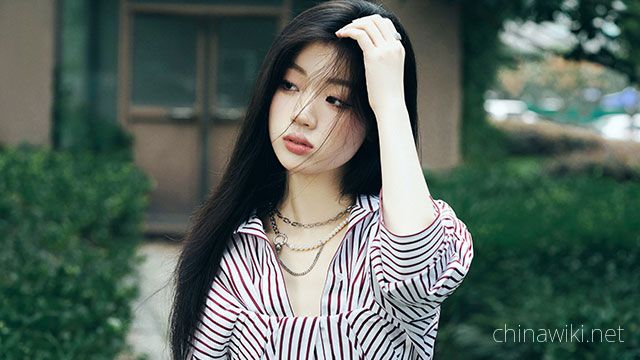
Dan yichun (Shan Yichun)
-
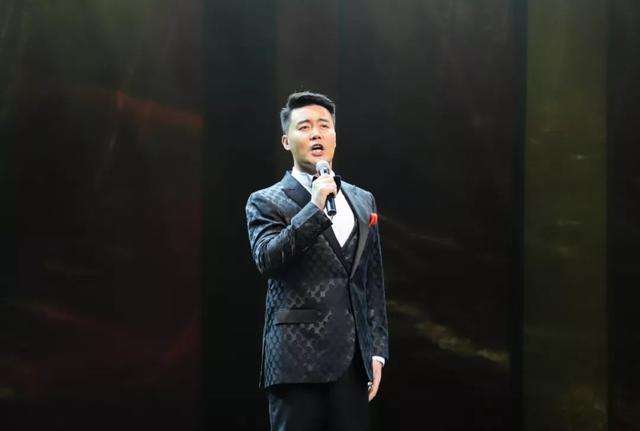
Zhang Yingxi
-

AI Chen
-
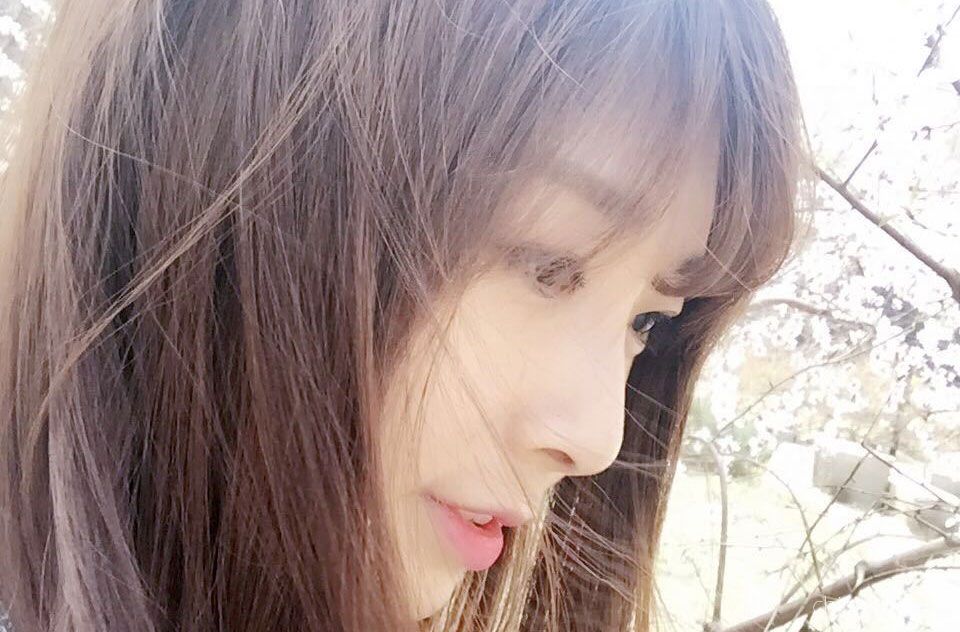
Zhao Naiji
-

Cheng Jiajia
-

Dai Yutong
-

Yan Renzhong
-
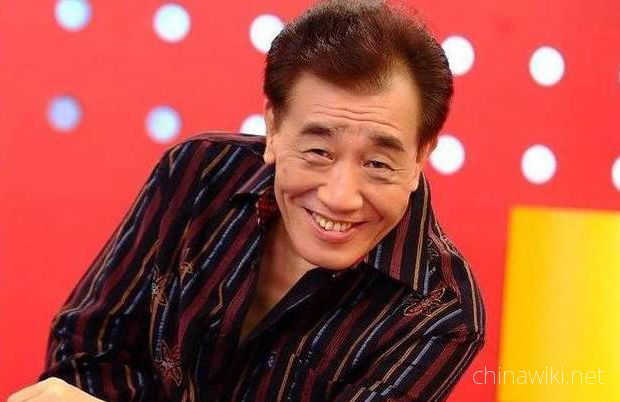
Zhang Di
-
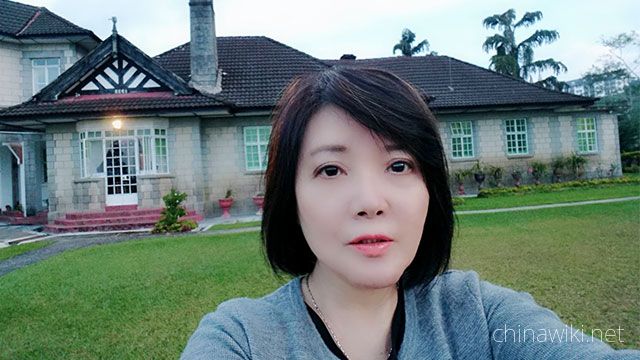
Long Piao Piao
-
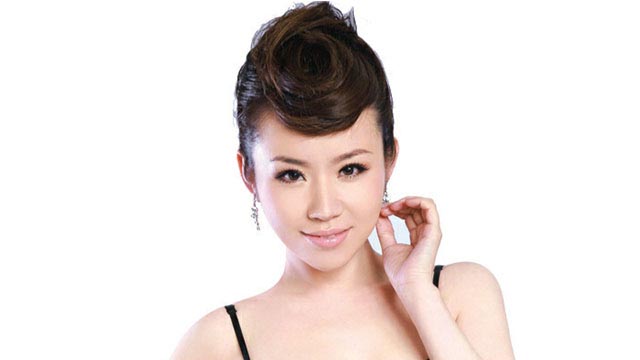
Liu Ziling
-
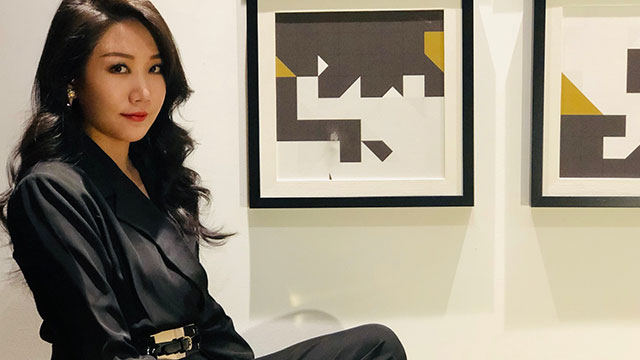
Sun Lu
Intangible cultural heritage More>>
Intangible cultural heritage refers to various traditional cultural expressions handed down from generation to generation by people of all ethnic groups and regarded as an integral part of their cultural heritage, as well as physical objects and places related to traditional cultural expressions. Intangible cultural heritage is an important symbol of the historical and cultural achievements of a country and nation and an important part of excellent traditional culture. "Intangible cultural heritage" is opposite to "material cultural heritage", which is collectively referred to as "cultural heritage". In December 2020, with the successful application of "Taijiquan" and "sending the king ship - the ceremony and related practice of sustainable connection between people and the sea", 42 projects in China have been listed in the list of intangible cultural heritage (roster) by UNESCO, ranking first in the world.
martial arts More>>
Wushu is an inherited technology of ancient military war. Practicing martial arts can not only strengthen the body, but also defend the enemy's attack. Martial arts practitioners take "stopping invasion" as the technical guidance and lead practitioners to enter the traditional education (martial arts) way of understanding the objective laws of man, nature and society. It is the guidance and guarantee of human material civilization and a display of contemporary traditional martial arts.
The 12 Chinese Zodiacs More>>
The Chinese zodiac, also known as the zodiac, is a Chinese zodiac that matches the twelve geographical branches with the year of human birth, including rats, cattle, tigers, rabbits, dragons, snakes, horses, sheep, monkeys, chickens, dogs and pigs.
12 hours More>>
In ancient times, the Chinese Zodiac was used to record the year, and the stem branch was used to count the time, which was only after the Han Dynasty. According to the rising time of the sun, the ancients divided a day and night into twelve hours, using twelve earth branches as codes for easy memorization. China uses the land branch timing method, which is called twelve hours ("Da Shi"), that is, what we now call 24 hours.
24 solar terms More>>
The twenty-four solar terms are the specific seasons in the calendar to indicate the change of natural rhythm and establish "December construction". At the age of four, there are three months in spring, summer, autumn and winter. There are two solar terms every month. Each solar term has its own unique meaning. The twenty-four solar terms accurately reflect the changes of natural rhythm and play a very important role in people's daily life. It is not only a season system to guide agricultural production, but also a folk custom system with rich folk events. The 24 solar terms contain a long cultural connotation and historical accumulation, and are an important part of the long history and culture of the Chinese nation.
56 nationalities More>>
The Chinese nation is officially defined by the government of the people's Republic of China as the general name of the 56 recognized nationalities in the people's Republic of China. The Chinese nation is the community name representing the modern Chinese nation. The Chinese nation consists of 56 ethnic groups. The Han nationality is the main ethnic group in China, accounting for 91.51% of the total population. There are 55 other ethnic groups, accounting for 8.49% (the sixth census). The Han nationality and 55 ethnic minorities constitute the great Chinese nation. China is a unified multi-ethnic country with the Han nationality as the main body and 56 ethnic groups. In addition, there are several unidentified ethnic groups that have not been officially recognized by the people's Republic of China. The concept of the Chinese nation was first put forward by Liang Qichao in his 1902 work on the general trend of changes in Chinese academic thought. Relevant historical and anthropological theories include Fei Xiaotong's "pluralistic integration" theory and Xu zhuoyun's "transformation and mixing of the self and the other". The political concept of the Chinese nation was put forward in the late Qing Dynasty The of the Republic of China and new China have different definitions.
Idiom More>>
Colloquial language is a language unit created by the masses in the Chinese vocabulary and circulated in the spoken language of the masses. It is a popular and widely popular stereotyped sentence. It is concise and visualized. Most of it is created by the working people. Reflect people's life experience and aspirations. Proverbs, also known as proverbs, proverbs, these three are synonyms. The word "proverb" has been widely used as a linguistic term; As the saying goes, it has the color of classical Chinese; As the saying goes, it has the breath of spoken language. Proverbs make people's communication more convenient and interesting, with local characteristics.
Ancient books More>>
Ancient books refer to books not printed by modern printing technology. In ancient times, books were called classics, also called documents, which had the triple meaning of documents, archives and books. With the progress of time, the chronicle documents are arranged for people to read, and the purpose of disseminating knowledge and experience is achieved. A book has been formed. The content of the book is increasing, the carrier tends to be diversified, and the production technology is constantly improved. In order to facilitate reading, different binding styles such as "brief book", "scroll", "album", "thread bound book" have been produced.
Ancient poets More>>
A poet, in a general sense, usually refers to the person who writes poetry, but in terms of literary concept, it should be the person who writes poetry and the poet who has made some achievements in Poetry (Poetry) creation. Poets express their passion through poetry creation and chanting, eulogize the great rivers and mountains of the motherland through poetry, and preach the truth, goodness and beauty of the world through poetry.
Social Savvy More>>
Common sense is the common consensus of the society on the same thing.
TVplay More>>
TV play (also known as drama, TV drama program or TV Series) is a kind of drama that adapts to the screen and is broadcast on TV or online video platform.
Movie More>>
Movie/Film is a continuous image picture developed by the combination of activity photography and slide projection. It is not only a modern art of vision and hearing, but also a complex of modern science and technology and art that can accommodate drama, photography, painting, animation, music, dance, text, sculpture, architecture and other arts.
Music More>>
Music is an art form and cultural activity. Its medium is regularly organized sound waves (a kind of mechanical waves).
Medicine More>>
Medicine (y) ī yào); medicine; Medicament is a substance or preparation for the prevention or treatment or diagnosis of human and livestock diseases. Drugs are divided into natural drugs and synthetic drugs according to their sources. Medicine can also prevent diseases, treat diseases, reduce pain, improve health, or enhance the body's resistance to diseases or help diagnose diseases.
Opera More>>
Chinese opera is mainly a combination of three different artistic forms: folk song and dance, rap and farce. It originated from primitive song and dance and is a comprehensive stage art style with a long history. After the Han and Tang Dynasties to the song and Jin Dynasties, a relatively complete opera art was formed. It is a combination of literature, music, dance, art, martial arts, acrobatics and performing arts. There are about 360 kinds. It is characterized by the aggregation of many art forms in one standard and the embodiment of their respective personalities in their common nature. Chinese opera, together with Greek tragedy and comedy and Indian Sanskrit opera, is known as the world's three ancient drama cultures. After long-term development and evolution, it has gradually formed a hundred flower garden of Chinese opera with five opera types as the core: "Beijing opera, Yue opera, Huangmei Opera, Pingju and Henan Opera".
Language More>>
Language (English: language, French: Language) is the expression of human communication. According to the Handbook on linguistics and language communication tools published in Germany, 5651 languages have been identified in the world. Generally speaking, each nation has its own language, and language is one of the important characteristics of the nation. Chinese, English, Spanish, Russian, Arabic and French are the main languages in the world and the main working languages of the United Nations. Chinese is the most popular language in the world, and English is the most widely used language in the world. Language and character are two concepts, which often have language before words.
Clothes More>>
Clothing has a long history, which can be traced back to the primitive society. "Jian Lue. San Huang Ji": "attacking leaves for clothes"; "Wuyuan · Yiyuan No. 11": "you Chao Shi Yi Pi"; Human beings first made clothes from leaves and animal fur, which can be seen as the beginning of the history of clothing culture.
Religion More>>
The first chapter of Huayan five religions has the theory of "dividing religion and opening religion", that is, the word religion is interpreted separately, and religion is generally regarded as a subjective and individualistic belief; Teaching has the meaning of objective teaching. Another religious tenet, also known as religion. In addition, or take religion as the silent religion and religion as the spoken religion; Or take religion as the sect door and religion as the sect door.
Art More>>
Art is a culture that uses some means or media to shape images and create an atmosphere to reflect reality and sustenance emotions. Art is a social ideology that uses images to reflect reality but is more typical than reality.
Festival More>>
Festivals are important days in life that are worth remembering. It is a folk culture jointly created by the people of the world to meet the needs of production and life. It is an important part of the world folk culture.
Custom More>>
Since ancient times, China has a tradition of paying attention to customs. "For government, we must study customs first" and "observing customs, knowing gains and losses" are the ancestral teachings that successive monarchs scrupulously abide by. The supreme ruler should not only personally investigate the customs and people's conditions, but also appoint officials to investigate the folk customs, take it as an important reference when formulating national policies, and record it in the annals of history by historians, so as to leave the experience of Governing Customs for future generations.
